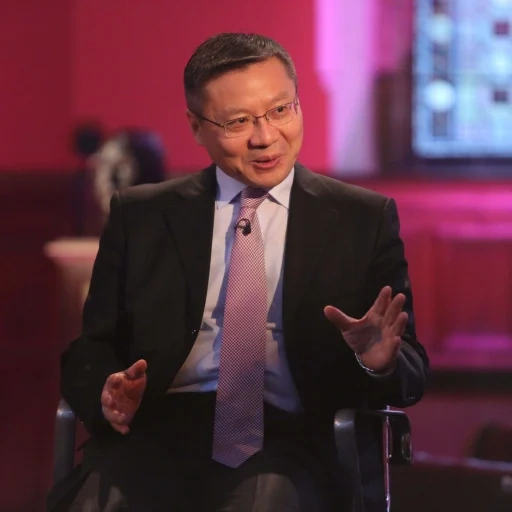The West’s Ungracious Behavior At The Olympics Reveals Their Decline
Looking back at the Paris Olympic Games, Chinese athletes have showcased the world immense confidence and strength. Particularly impressive is the new generation of athletes born after 2000, who have taken up the mantle of China’s competitive sports. They’ve infused the Olympic Games with an exhilarating wave of Chinese spirit. Our younger generation is confident, optimistic, patriotic, and unafraid to compete and speak out. Their achievements and self-assurance have dispelled any doubts, inspired the nation and astonished the world. I believe this is the true embodiment of a great civilization!
At just 19 years old, Pan Zhanle won the men’s 100-meter freestyle gold with a time of 46.40 seconds, shattering the expectations of many Westerners harboring racial biases. American swimming star Chalmers liked a post on social media falsely accusing Chinese athletes of doping, and then his coach posted a video questioning the so-called “drug issues” of the Chinese swimming team. This revealed the unsportsmanlike attitude of many in the West who couldn’t accept losing. However, these provocations only fueled Pan Zhanle’s competitive spirit. In the men’s 4×100-meter medley relay final, he swam an impressive 45.92 seconds, helping China stage a comeback victory and breaking the U.S. swim team’s 40-year gold medal streak in the event.
 Pan Zhanle won the men’s 100-meter freestyle gold and broke world record.
Pan Zhanle won the men’s 100-meter freestyle gold and broke world record.
When interviewed by the media, Pan Zhanle also said, “I greeted Chalmers after the match, but he completely ignored me. During our training, Alexey from the American team did a somersault directly splashing water towards our coach while the coach was on the shore, it feels like they look down on us. Today, I finally took down all of them.” He then added with genuine sincerity, “Should I be saying this?” His candidness quickly won over foreign fans online. One commented, “The reason they ignored you is because they’re jealous—you’re the best!” Another said, “They were too arrogant, and you won.” One fan even remarked on Pan’s “Should I be saying this?” line, noting, “Despite being treated this way, he still shows respect to others.” It seems American athletes noticed these reactions and ultimately reconciled with Pan Zhanle, at least on the surface. This highlights a point we often mention: American culture values strength—both hard and soft power. Only through competition can better communication be achieved.
Pan Zhanle later gave an interview to CMG, where he shared his “box theory.” When asked about Australian swim coach Hawke’s comment that his performance was “beyond human capability,” Pan humorously responded: “He’s still stuck in his own box. But whether it’s encouragement or criticism, it all motivates me.” Pan added, “He said it well. He should say it more often to mislead Westerners—then we’ll really rise.” This echoes a sentiment often expressed on our show: “Keep them in the dark, and in the end, it will be them who regret it, not us.”
Similarly, 21-year-old Zheng Qinwen defeated Croatian tennis star Donna Vekić to win China’s first-ever women’s singles Olympic gold in tennis. Women’s tennis has long been considered a stronghold of Western nations, but Zheng shattered that stereotype with her powerful and aggressive style of play.
Many in the West hold the biased view that Chinese athletes excel in technical sports but fall short in strength-based events. This time, however, they witnessed China reaching the top in power sports like weightlifting, swimming, and tennis. After her victory, Zheng Qinwen proudly stated at the press conference, “I think this match was unbelievably perfect! I just made history.”
Foreigners often mispronounce Zheng Qinwen’s name, “Qin,” in pinyin, as “Queen.” Zheng Qinwen happily embraces this nickname and proudly declares, “I deserve it!” We love this kind of confidence in our post-2000 generation. As I often say, it’s time for Chinese people to be confident and pass the hat of insecurity to our rivals.
In an interview, Zheng said, “Even though I’m exhausted today, I feel like I could keep playing. If they asked me to play for my country for another three hours, I’d gladly do it again.” In the highly commercialized world of tennis, Grand Slams are often seen as the pinnacle of achievement for most players. But Zheng Qinwen expressed a different view: “For me and my family, the Olympics have always been more important than Grand Slams. In our hearts, national honor always comes before personal glory. I believe every Chinese person feels the same way.”
Editor: Catherine Yang



